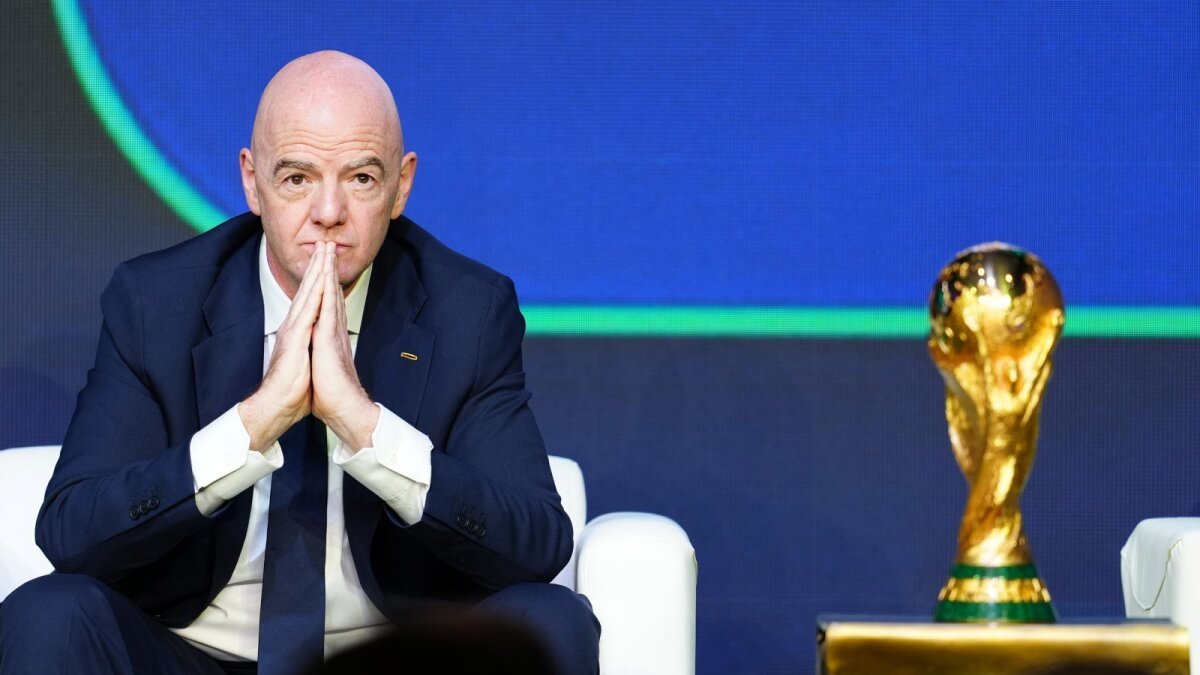Seoul, Washington must have one voice toward Pyongyang’s denuke
Seoul, Washington must have one voice toward Pyongyang’s denuke
Posted February. 14, 2019 07:54,
Updated February. 14, 2019 07:54
U.S. Special Representative for North Korea Stephen Biegun said during a meeting with a visiting South Korean parliamentary delegation on Monday that the development in the inter-Korean relations need to be achieved within the framework of international sanctions on North Korea. The delegates quoted Biegun as saying that just as the mother and the father should say the same thing when scolding their children, Seoul and Washington should have one voice in dealing with Pyongyang.
The remarks probably reflect the U.S. negotiator’s candid feeling while leading a South Korea-U.S. working group for coordinating the two allies’ North Korea policies and engaging in working-level negotiations in Pyongyang last week over the planned second U.S.-North Korea summit. He will also hold working-level talks in earnest next week to draft the text for a summit agreement. Although the U.S. and North Korea have chosen a dozen items in their pre-summit talks last week, the negotiations must be fierce, as each one is interconnected with others. In such a juncture, how frustrating it would be to Washington if Seoul gives Pyongyang rash expectations.
In particular, Pyongyang’s demand of the lifting of sanctions will likely be one of the key agendas, regardless of whether the issue is reflected in the summit agreement or not. Despite its bravado of making nuclear and missile provocations, the North ended up coming to the negotiating table for its denuclearization due to the strong sanctions and pressures from the U.S. and the international community. Now with the option of putting military pressures on the North down, sanctions are the only leverage that can be used to induce Pyongyang’s denuclearization.
Nevertheless, it does not seem that the U.S. intends to maintain the current level of sanctions until the North’s completion of its denuclearization. Biegun had said during an appearance at Stanford University on Jan. 31, "When we say we will not lift sanctions until denuclearization is complete – that is correct – we didn’t say we won’t do anything until you do everything.” That was a suggestion that Washington can be flexible in partial exemption, suspension and easing of sanctions corresponding to the North’s denuclearization steps. Probably buoyed by such an indication, there are expectations in Seoul that the upcoming U.S.-North Korea summit could send positive signals toward the proposed resumption of Mt. Kumgang tours and the Kaesong Industrial Complex.
Seoul and Washington should no longer have different voices. If one side of the parents is strictly scolding a child, while the other is defending him or her, the child would never break bad habits and get more spoiled. Even after the summit, Seoul’s hasty compensations without coordinating with Washington would cause Pyongyang to think twice about its denuclearization. Parents’ different approach to discipline would spoil the child.




![[단독]내란특검 “尹계엄 목적은 민주-한동훈 등 반대 세력 제거”](https://dimg.donga.com/c/138/175/90/1/wps/NEWS/IMAGE/2025/12/04/132897558.1.jpg)

![‘친구’란 말에, 치매 아버지는 고향땅 800평을 팔았다[히어로콘텐츠/헌트①-上]](https://dimg.donga.com/c/138/175/90/1/wps/NEWS/IMAGE/2025/12/14/132961909.1.jpg)
